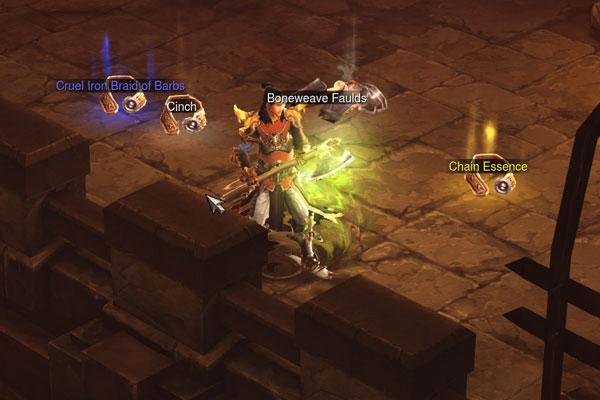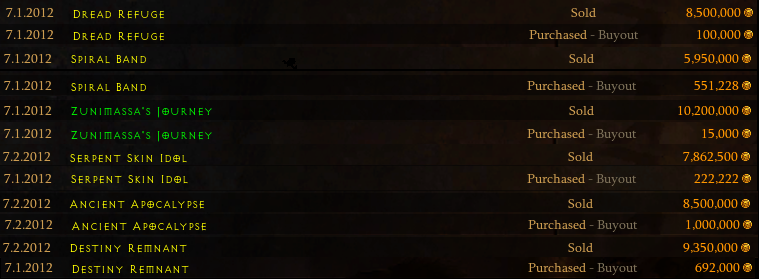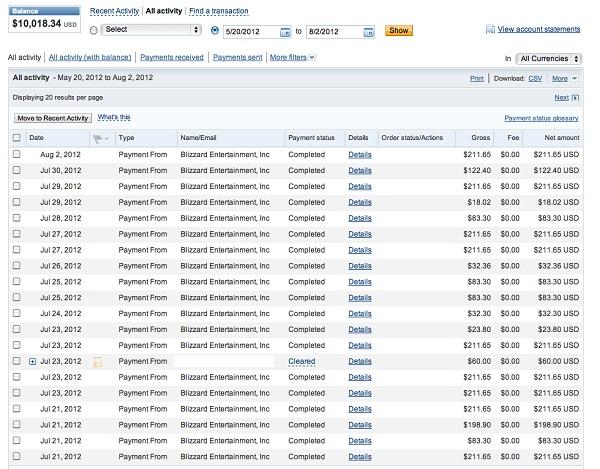Deckard Coin
Multiplayer online RPGs are largely driven by the player’s ability to obtain powerful items through farming, the process of repeatedly going through the same set of tasks to accumulate some specific set of resources or wealth. The farming black market is estimated to take 85% of the $3bn gaming services industry.

Diablo 3, an action RPG by Blizzard Entertainment, introduced the real-money auction house to combat gold farming, allowing players to trade virtual goods for real money through a legitimate in-game system. My friends and I initially made money by optimizing characters for farming rare items. However, we soon discovered that flipping underpriced items on the auction house was far more profitable.
We developed spreadsheets and scripts to automate the process, competing with other botters for valuable items. Seeking a better solution, I created “Deckard Coin,” a bot that could operate multiple game clients simultaneously and quickly execute complex searches. Our group was making over $15,000 per week combined. We expanded operations, buying new game copies to replace banned accounts and using prepaid phones to verify multiple accounts.

Despite advice against it, I decided to sell licenses to Deckard Coin publicly. Within days of launching, I received a cease and desist from Blizzard’s VP of Legal Affairs. They demanded we remove all traces of the bot or face severe legal consequences. Fighting a billion-dollar corporation wasn’t something I was willing to attempt so I took down all traces of Deckard Coin and continued to use it for personal gain.
In just two months, most of us had made around $20,000 from the auction house. While profitable, managing the operation was time-consuming and stressful. Blizzard eventually shut down the RMAH and disabled trading to address the game’s economic issues.

This experience was a unique confluence of factors: a popular game, poorly designed systems, and a misguided attempt to legitimize virtual good sales. While I don’t miss it, it was an interesting chapter in gaming history.